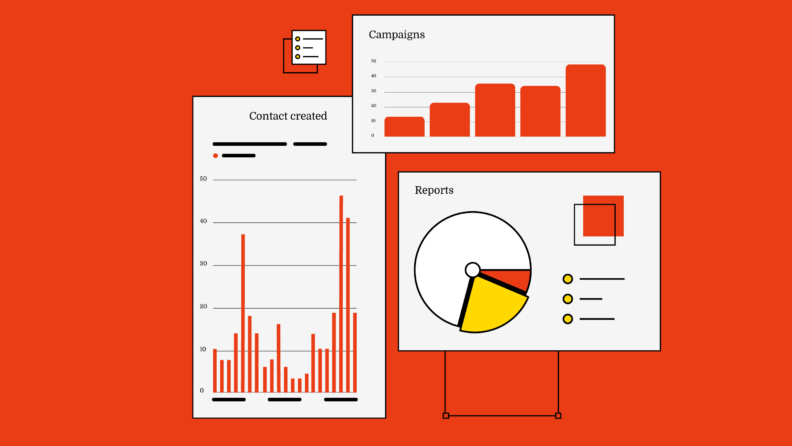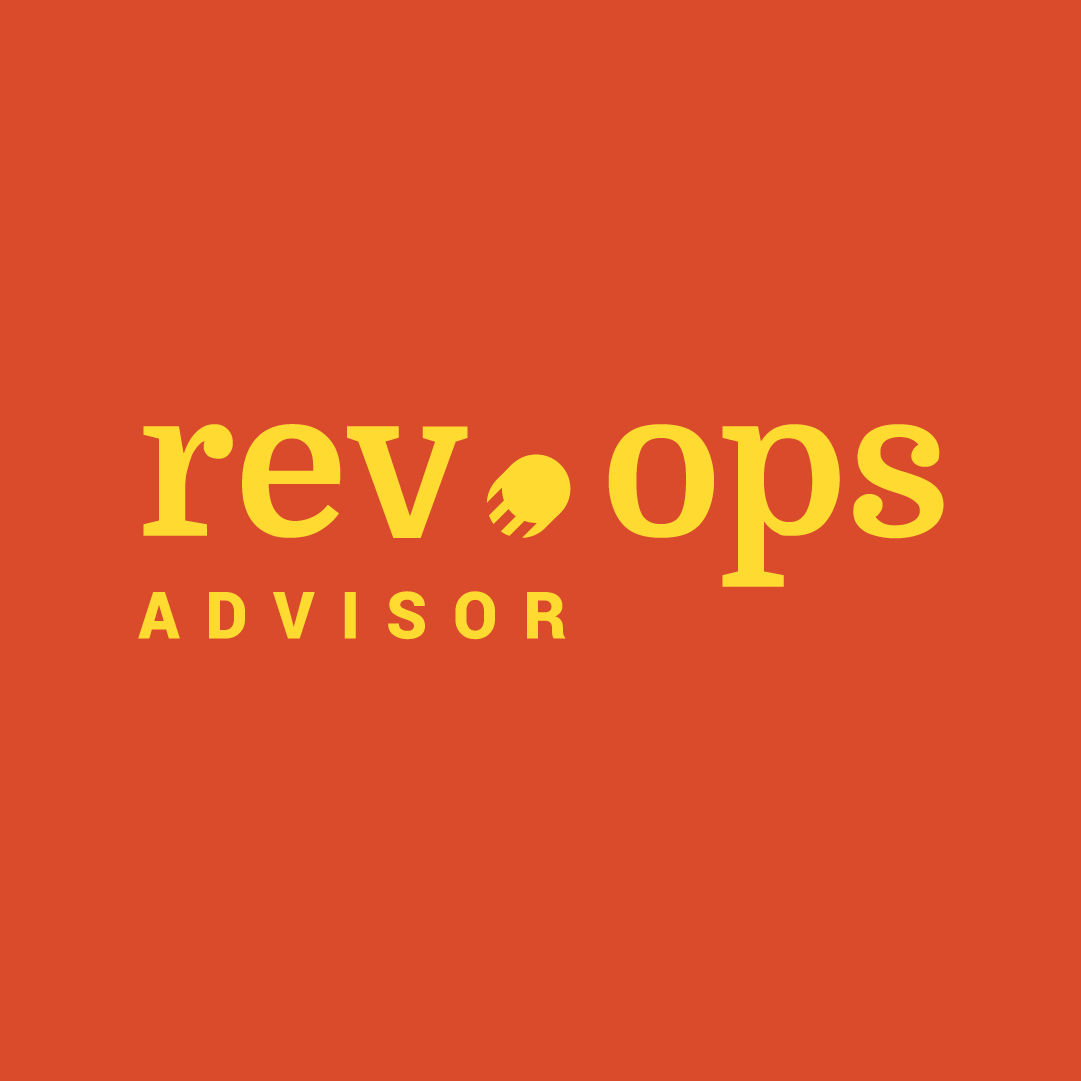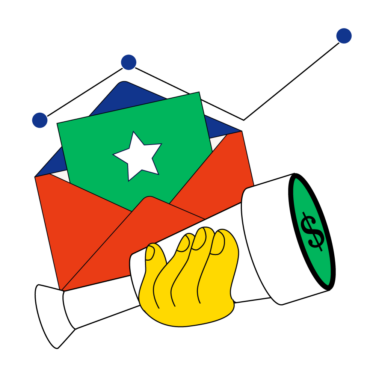To meet the expectations of a modern customer base, companies of all sizes must implement the tools that will align their customer-facing departments and create a cohesive brand experience.
Keep reading to understand what customer relationship management (CRM) software is, how it can benefit each of your go-to-market teams, and tips on finding the best software for your business.
What is Customer Relationship Management (CRM) Software?
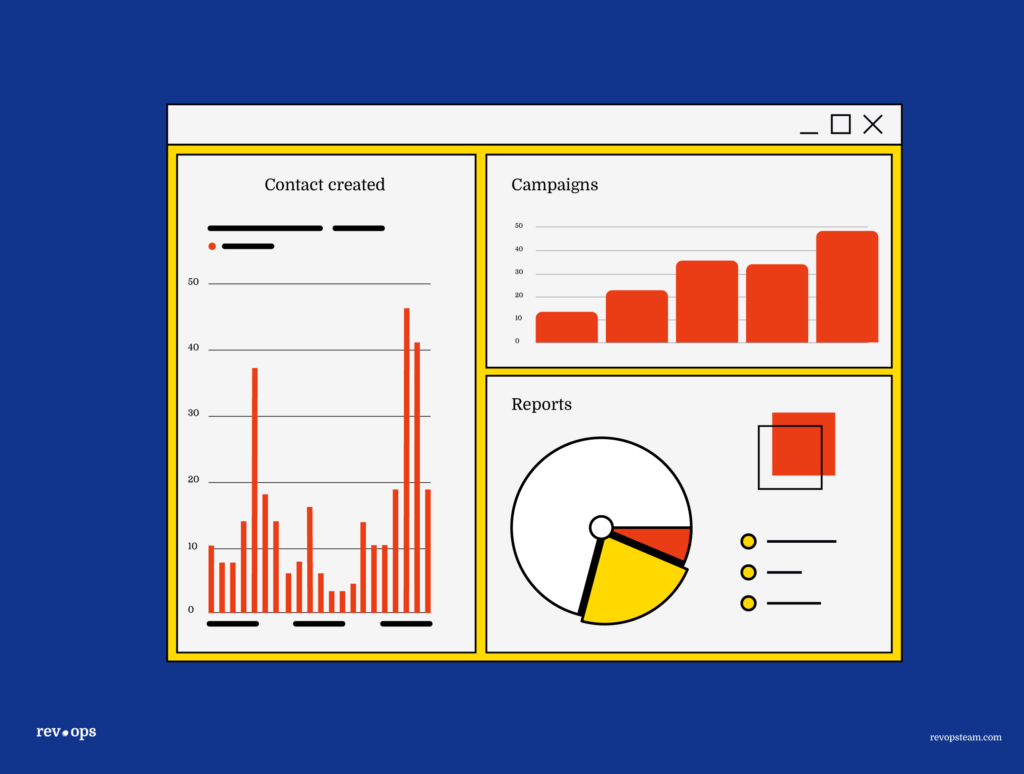
CRM software are cloud-based platforms that facilitate various aspects of customer relationship management, helping companies develop a great customer experience.
A CRM system’s capabilities can include things like contact management, email marketing automation, marketing campaign management, social media management, and customer support ticketing.
In addition to providing lead management and marketing automation tools, most CRM tools also have reporting and analytics capabilities. CRM data dashboards can provide users with insights into their sales pipeline, marketing campaign effectiveness, customer lifecycle, and customer engagement, as well as team performance metrics.
This software is big business. The CRM market share is more than $100 billion and climbing with 700+ listings on G2.
Who Uses CRM Software, and How?
CRMs are robust, feature-rich platforms that support multiple teams and use cases. The software is critical to the day-to-day responsibilities of revenue-generating teams, including sales, marketing, customer success, and revenue operations.
Let's go a little deeper into how teams can use a CRM.
CRM for Sales Teams
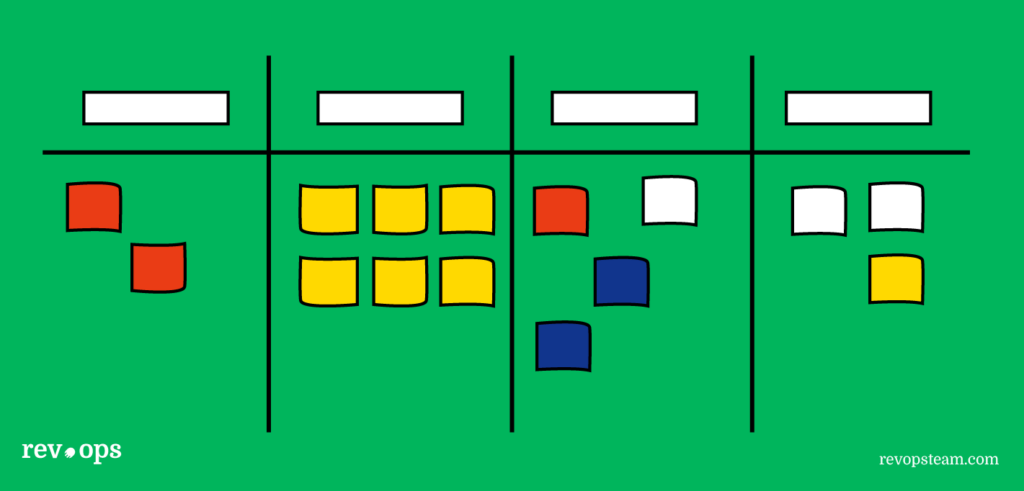
Sales reps can benefit from a CRM system by storing and managing their contact information data, automating outreach and follow-up, and monitoring their sales cycles.
Prospect interactions are tracked by the software, giving users a clear overview of their history with each contact. Many tools can set up real-time notifications when specific actions are taken, helping salespeople act more quickly to close deals.
The software’s cloud-based storage keeps lead data organized and secure, making it easier to find qualified leads and prospects. Users can automate email and SMS communications, which helps team members reach out to potential customers and follow up with relevant, timely messaging.
The reporting features of the software can facilitate sales forecasting and insights into your sales pipeline, fueling more effective sales strategies.
CRM for Marketing Teams
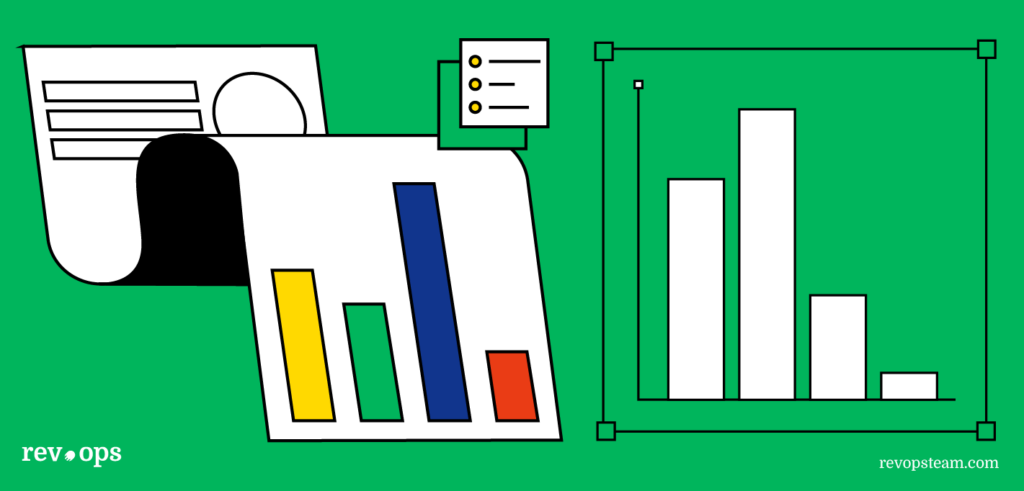
A CRM platform can automate repetitive tasks like ad publishing, social media posting, and metrics reporting. Features like customizable email templates, landing page builders, and automated data entry help speed up marketing efforts. Users can connect a CRM to marketing automation and other SaaS tools to streamline their workflows. Some tools also offer advanced capabilities like AI-powered email drafting.
Many CRMs can help marketing teams run A/B tests and craft personalized messaging based on website visitor data, creating a more customized experience. Cloud-based CRMs often also provide a storage solution for documents and files, so users can keep marketing collateral in a single, accessible repository. Reporting dashboards provide detailed insights on the customer journey, which can be used to develop stronger marketing campaigns and tactics.
CRM for Customer Success or Support Teams

CRM tools can be used by CS teams to onboard new customers, manage a help desk, collect customer feedback, and provide ongoing support.
All customer information can be stored in the platform, like email addresses, phone numbers, company information, and customer history. A CRM can also be used to manage support tickets, make phone calls, and automate regular touchpoints to check in with customers.
In a 2022 study by McKinsey, 77% of survey respondents reported that they had built digital customer service platforms, but only 10% reported that those platforms were fully scaled and adopted by customers.
A CRM can help you build a self-serve customer support portal with supporting resources and documentation. When your team can meet customer needs without having to hand-hold every client, they’re able to focus on the interactions that matter most, providing a better overall customer experience. This can boost customer satisfaction, customer retention, and customer loyalty.
CRM for RevOps Teams
All of that customer data is fuel for your revenue operations, driving better alignment, strategies, and decision-making.
RevOps teams use many of the advanced features of CRMs, like analytics, automation, and reporting to help sales, marketing, and CS work more efficiently and provide crucial customer insights to the C-suite.
Implementing a CRM, maintaining CRM data, and enabling teams around CRM best practices are core responsibilities of a RevOPs team.
What are the Benefits of CRM Software?
There are benefits you’d expect from CRM software, like a more streamlined sales process and better customer relationship management. But there are other benefits you might not think about that can have a big impact on the success of your revenue operations teams. Here are a few extra benefits of investing in a CRM:
- Aligned revenue-generating teams: When your sales team, marketing team, and customer success teams are all using the same platform, it’s easier for them to understand each other’s work and stay connected.
- No more KPI confusion: Your CRM can serve as a single source of truth for customer data, reducing uncertainty around KPIs. Finally, your sales and marketing teams will agree on how to measure LTV!
- Customer journey insights: With a CRM, you can track everything from the best lead sources to the highest conversion channels, time to convert, churn warning signs, and more, creating a holistic overview of your customer journey.
- Improved team productivity: Automated workflows, activity notifications, A/B testing, and analytics all contribute to team productivity. Teams are more efficient and proactive and can focus on the most impactful work.
- Increased employee engagement: When you automate menial tasks, employees can focus on work that leverages and develops their strengths, which can account for an increase in employee engagement of between 9% and 15%, according to Gallup.
How to Pick the Best CRM Software
Like with most SaaS solutions, there are various types of CRM software on the market and plenty of options to choose from. To narrow down your search and find the right CRM for your business needs, consider the following criteria:
- Goals: The search for a CRM should start with shared goals and CRM evaluation criteria across all GTM teams. Talk with the leaders of each department to align on the use cases and needs for your CRM.
- Features: Consider which CRM features will have the most impact for your teams, whether it's email templates, workflow automation, or social media management. Look for a software that has those specific features, rather than one that ‘does it all’.
- Integrations: A LinkedIn integration might be useful for a B2B company, while an ecommerce business could benefit more from a Shopify integration. A good CRM is one that connects with your existing tech stack.
- Pricing: There are several free CRM software available, while others offer free trials and demos, all of which can be good options for tight budgets. Do some research to learn how much a CRM costs, and consider the additional value each one offers before settling on a solution.
Need expert help selecting the right CRM Software?
We’ll match you with an advisor to help you find the right choice for your business.
CRM Software Keeps You Ahead of the Competition
For businesses large and small, investing in a CRM solution can make the difference between a good customer experience and a great one. These platforms help create consistency, foster cross-functional alignment, and drive data-backed decisions.
Want to learn more about managing customer relationships? Here are a few top reads from The RevOps Team:
- 8 Insightful Tips For Building Customer Relationships That Last
- CRM & Marketing Automation: Differences & Benefits
- How RevOps Manages the Customer Journey
Take your RevOps to the next level. Sign up for software reviews, expert tips, and career resources from The RevOps Team.

